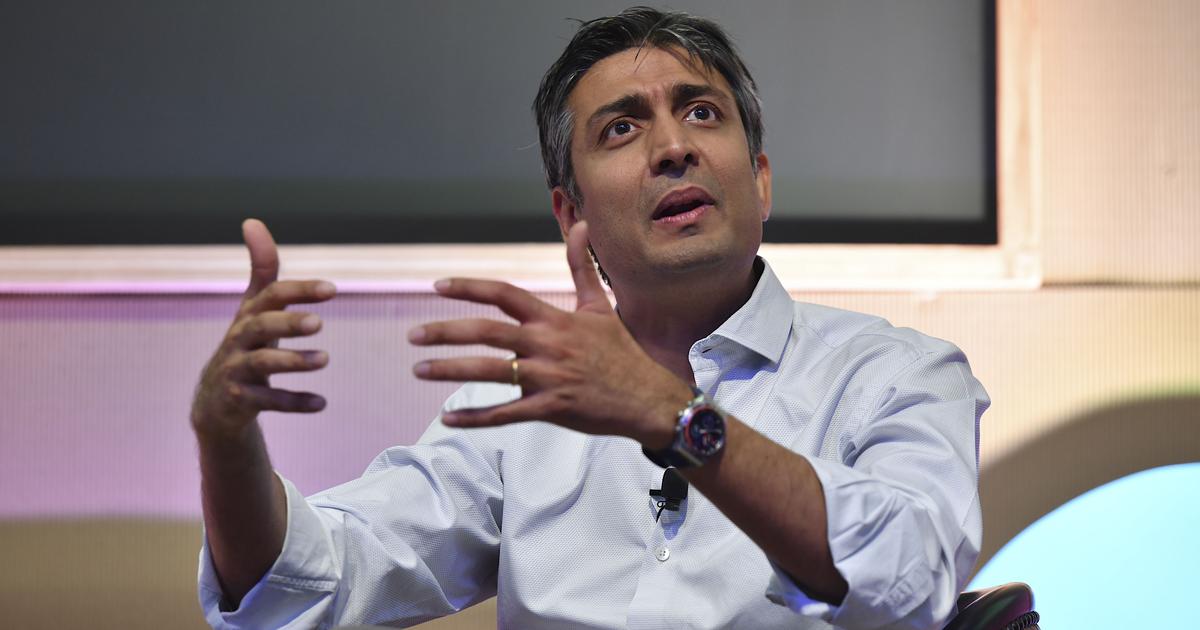Bengaluru, KARNATAKA :
Rishad Premji, chairman of Wipro, says that stakeholder capitalism is increasingly gaining ground.

No matter how you measure it, inequality has been on the rise since the 1970s.
According to Inequality.org, the richest 1% now own 45% of the world’s wealth , while The Guardian reported that chief executives at FTSE 100 companies in 2017 earned 145 times more than an average worker , up from 47 times in 1998.
This concentration of wealth at the top has emerged as a potential source of conflict in modern society. With new technologies like artificial intelligence, robotics and the internet of things creating opportunities for growth, businesses are increasingly expected to contribute positively to the communities that surround them rather than just chasing profits and maximising returns for shareholders.
In this era, businesses need to have a clear purpose and act as responsible corporate citizens. Stakeholder capitalism is increasingly finding acceptance and is becoming the “right business thing to do.”
New developments can be an amazing social equaliser: 3D printing is democratising manufacturing, while mobile banking provides easy access to banking services and increases the earning power of small businesses. But access to technology often dictates what opportunities are available. A 2019 US Census Bureau report found that a lack of access to the internet has become inherently intertwined with inequality.
So how can these new innovations help companies make the world a better place?
Democratising services
Innovations in the ed-tech space are helping to provide affordable and accessible education across society. In the area of healthcare, technology is bridging the gap between medical practitioners and end-users, enabling early detection, improving well-being and lowering costs. For example, Chikitsak, a portable, easy-to-use and cost-effective medical screening device that can be used by low-skilled healthcare professionals, and Niramai, a low-cost, safe, non-contact and radiation-free breast cancer screening software for early detection.
Water-tech companies like Swajal design, manufacture and assemble water ATMs that vend water at affordable prices using IoT. Agri-tech companies like DeHaat provide an online platform that connects small farmers with micro-entrepreneurs supplying different farm inputs and offering services.
Jobs that require specific motor skills have traditionally been off-limits for those without a full range of physical movements. Robots are expected to take on some elements of these, opening up previously inaccessible jobs to those with disabilities. For those isolated by geography, delivery by drones will enable those normally outside of companies’ high-speed shipping zones to order products at short notice, something usually reserved for more densely populated urban areas.
Being able to order clothes or groceries for delivery within hours rather than days might seem frivolous, but it’s exactly these kinds of services that will bring populations who are at the fringes into mainstream society.
All of the above examples illustrate the power of technology to democratise access and drive affordability at scale. All these may seem too good to be true and there are, as always, reasons to be cautious or skeptical. Advances in technology have historically led to increased inequality, not less, as those that can afford the new developments take advantage of them before less privileged people are able to do so. More basic technology may spread further as a result, but cutting-edge technology often remains in the hands of the rich.
However, unlike in the past, we are increasingly witnessing the power of technology through real-world success stories that have brought the less privileged and unbanked to the mainstream fold. The increasing recognition and growth of impact investing and venture capital focused on social impact startups bode well for the future and will play a key role in making the world flatter and a better place for all.
This is part of a series of articles in partnership with the NASSCOM Technology and Leadership Forum 2020, to be held in Mumbai from February 12-14. Read all stories in the series here.
This article first appeared on Quartz.
source: http://www.scroll.in / Scroll.in / Home> Tech Buzz / Rishad Premji, qz.com – Quartz / February 11th, 2020









